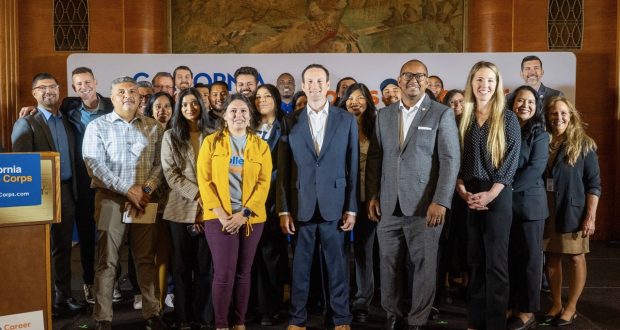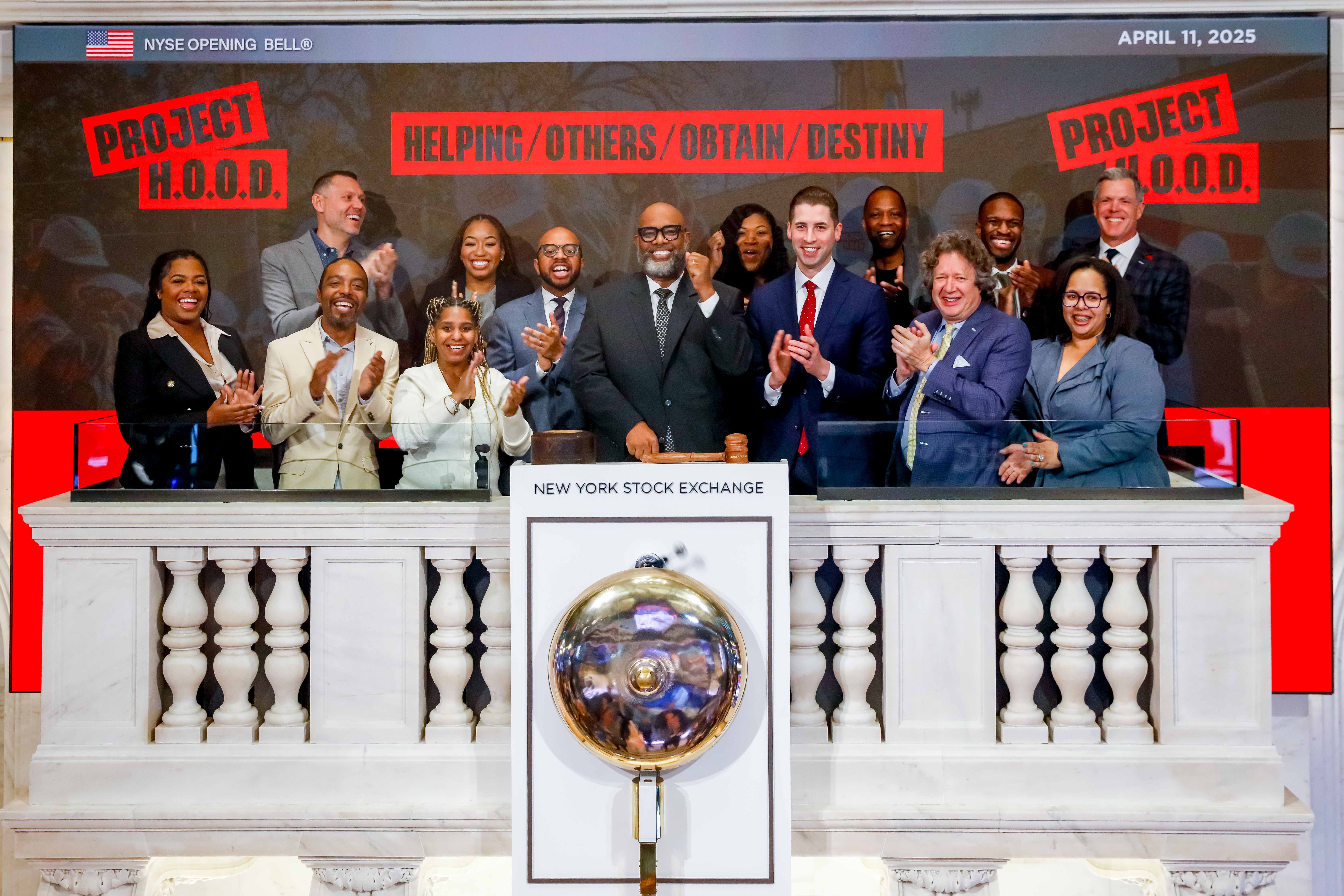By Kwanza Jones and Sylvia Ghazarian
Everyone has the right to bodily autonomy – the right to make decisions about if, and when, to have a child, how to bring up a child, as well as a safe and sustainable environment to raise that child. As we celebrate Black History Month and Women’s History Month, we also honor the reproductive justice movement, developed by Black feminists in the 1990s that continues to be led by communities of color today. At its core, reproductive justice seeks to ensure that ALL individuals have the freedom and resources to make decisions about their bodies, including the right to ACCESS safe and legal abortion, contraception, and pregnancy care. WRRAP follows this reproductive justice model and continues to work in marginalized communities across the US to provide abortion funding to providers on behalf of patients.
Kwanza Jones and WRRAP have been coming together to hold conversations about these rights and their implications for equity for years.
When SCOTUS overturned Roe, many of us who advocate for reproductive freedom and reproductive justice had already seen for years that Roe was never enough since it has always been difficult for people of color to access reproductive healthcare. The decision, and the ongoing attack on women’s rights, including reproductive freedom, is reprehensible. It was like a gut punch. It did not go without the gamut of emotions for me, along with WRRAP – deep concern for communities, individuals, clinics, clinic staff, and doctors along with anger, tears, sadness, and disappointment.
We know that pregnancy and reproductive healthcare are particularly dangerous for Black people. This shows up in WRRAP’s work every day and we see the barriers that people are facing in pregnancy, with unwanted pregnancy, and in the ability to travel for any care. This is work WRRAP has been committed to for over 30 years. In the US, Black people access abortion at 3.5 times more than white people and the Black maternal mortality rate is a national crisis. Pregnancy-related death rates among Blacks are 3-4 times more likely than among whites. In fact, the US has the highest rate of maternal mortality – more than any other developed country.
Abortion is healthcare and this fight for our bodily autonomy continues to be a human rights crisis. The reproductive justice framework addresses social and economic justice issues – like racial and economic disparities in access to healthcare and the intersectional experiences of marginalized communities. And, with the high rate of Black maternal mortality, these include systemic racism and discrimination in healthcare, lack of access to healthcare, and social issues such as poverty and lack of education.
Black maternal mortality requires us to address economic and environmental issues. The health of Black women is under constant attack including not being taken seriously by healthcare providers and our pain is often dismissed or misdiagnosed. In addition, not having access to culturally competent care negatively affects Black women during pregnancy and childbirth. My song, “Rise” is about being undeterred in promoting, protecting and defending our basic human rights, despite the setbacks that may occur. It’s an anthem for people everywhere and organizations like WRRAP.
The US Government has a long history of dictating and coercing the reproductive health decisions of Black, Indigenous, and other people of color through policies that threaten vital health services. Working to eliminate the Hyde Amendment (which prohibits the use of federal funds to cover abortion except with life endangerment, rape, or incest and targets people with low income), increase Medicaid eligibility, acknowledge racism as a cause of health disparities, and address the disproportionate impact of the COVID pandemic on communities of color — all need to be at the forefront of immediate changes. We need to take action.
For anyone who knows, respects, cares for, cares about or loves ANY woman (friends, family, colleagues, siblings, daughters, aunties, and more) then you understand this is not only a women’s issue to be fought by women only. It’s about so much more. Our universal fundamental human rights must be guaranteed in law. It requires each of us to become politically active, since we can and need to elect leaders who support reproductive justice. After all, the midterm elections show that people have voiced their stand on not having individuals controlled and exploited. We can only achieve reproductive justice when ALL people have the resources, and economic, social, and political power to make decisions about all aspects of their lives including decisions about their bodies, families, and communities.
My song, “We Buildin’” celebrates the possibilities for prosperity in America, and the benefits of diversity in making the country better. As an indie artist, I make a conscious choice to use my voice and speak my truth without constraints. It’s a truth that resonates with many. There is enough apathy and inaction. We don’t have the luxury to do nothing. We don’t have the luxury to not speak. All too often marginalized people and communities lack power, resources, and access; that is why I speak.
The restrictions on women’s bodies, like the rollback of abortion and reproductive rights, are numerous, heartbreaking, and dangerous. That is why I join with WRRAP to look beyond Roe because this fight is Bigger Than Roe – it’s about ensuring Black women, and all women, have the autonomy and resources to make decisions about their reproductive health and bodies. This includes the right to access safe and legal abortion, contraception, and pregnancy care.
We believe equality, equity and autonomy are fundamental rights. We believe every individual should have agency to make decisions about their own life and well-being.
We believe governments should not have control over a woman’s body, as it violates their right to bodily autonomy and bodily integrity.
We believe women should not be relegated to second-class status or secondary supporting roles.
I, Kwanza Jones, and WRRAP, voice our resolve to continue our efforts to ensure women have control over their own lives and bodies free from government interference or societal oppression. We encourage others to join us in advancing equity and equality for girls, women, and for all.
Kwanza Jones is a catalyst. She is an American artist, investor, and multi-million dollar philanthropist who lives at the intersection of culture, community, and capital. Ms. Jones grew up in Washington, DC and currently resides in Los Angeles.
Sylvia Ghazarian is Executive Director of the Women’s Reproductive Rights Assistance Project (WRRAP), a nonprofit abortion fund that provides urgently-needed financial assistance on a national level to those seeking abortion or emergency contraception. She is an active Council member on the California Future of Abortion Council and past Chair of The Commission on the Status of Women.
 Westside Story Newspaper – Online The News of The Empire – Sharing the Quest for Excellence
Westside Story Newspaper – Online The News of The Empire – Sharing the Quest for Excellence





